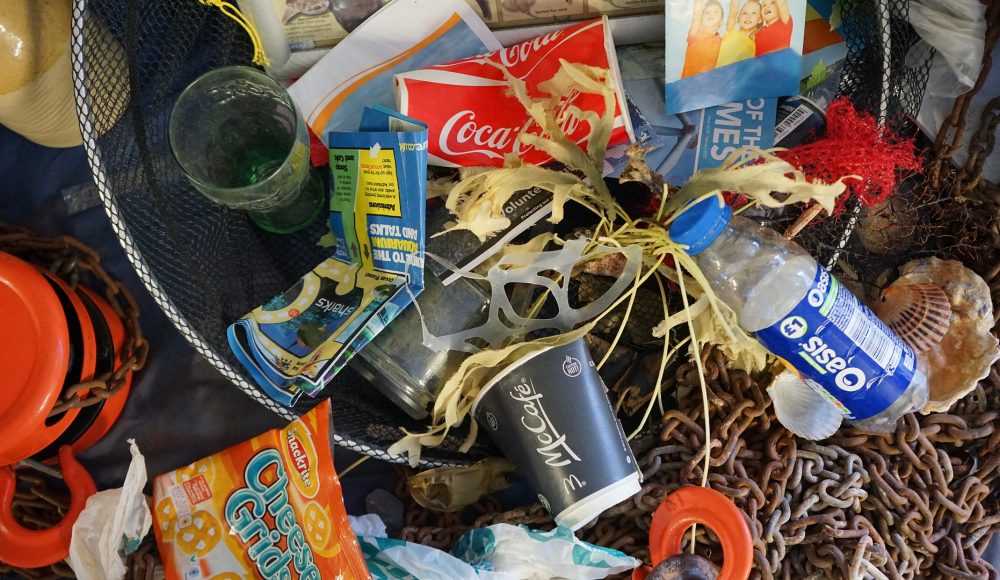The New Plastics Economy
16th April 2017

Plastic was invented in 1907 by Leo Baekeland, a Belgian living in New York. He invented Bakelite which was the first plastic to be derived from fossil fuels, rather than plants or animals. It was the first thermosetting plastic in the world. It set hard and didn’t soften under heat, was water and solvent resistant, could be used as an electrical insulator, could be cut by a knife and is exceptionally long lasting. However, that last advantage has become its disadvantage.
The New Plastics Economy: Rethinking the future of plastics is a report on the plastics industry written by the World Economic Forum, Ellen MacArthur Foundation and McKinsey & Co. They found that only 14% of plastic packaging is recycled globally. The rest is incinerated, put into landfills or ends up as litter – more often than not in the ocean. The report estimates that if current trends continue, by 2050 there will be more plastic in the sea than fish.
The report suggests three strategies to be actioned for the global plastics industry across all types of plastic packaging. The strategies are to design better packaging and increase recycling and reuse rates.
It is a global initiative which aims to accelerate business-driven innovations and help scale the circular economy. It is worth noting that Amcor, the Coca-Cola Company, Danone, MARS, Novamont, Unilever and Veolia are all participants in the initiative.
Better designed packaging
Small format packaging, such as tear off lids, sweet wrappers and sachets are, by the nature of their design, hard to recycle and collect at scale. One solution to the small format packaging problem has been increasing the use of biodegradable materials like Polyethylene Terephthalate, known commonly as PET. In 2015, The Coca-Cola Company unveiled the world’s first PET bottle made from 100% plant materials. There has been huge innovation in the use of biodiverse plastics with a vast amount produced from sugar cane rather than fossil fuels.
Increase recycling and reuse rates
In Germany, 99% of plastic bottles are recycled. Germany, Sweden and Denmark operate deposit return schemes (DRS). The consumer buys the contents but only borrows the bottle. Consumers pay a small sum upon purchase which is refunded on return of the bottle. This puts a value on something usually treated as worthless, and the bottle is then recycled or reused.
Catia Bastioli, CEO of Novamont, says, “Shifting towards a circular economy based system, whereby the biological and technical cycles are linked and driven by innovative products delivered through new supply chains and systems will not be easy, but will result in significant benefits for the economy and environment.”
To find out more about business investment opportunities in the new plastics economy, contact
Cornfield & Partners at info@cornfieldpartners.com, or you can call us on +44 (0) 20 7692 0873.
